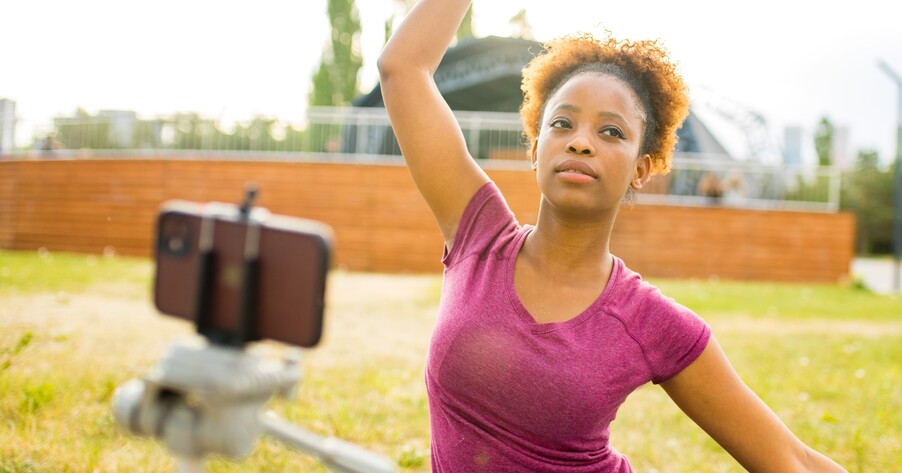Course Overview
Our BA in Sport, Media and Culture offers a dynamic blend of critical theory and hands-on experience, equipping you with the tools to analyse, create, and innovate across sports journalism, public relations, digital media, and film.
This programme embeds critical thinking, media literacy, and research-led learning from the outset. You’ll benefit from expert-led teaching dedicated to cutting-edge media research, alongside real-world projects and authentic assessments that reflect industry practice.
You will develop the essential skills to become an adaptable, reflective media professional - ready to navigate and contribute to the fast-changing media landscape.
This degree also offers deeper understanding into how sport, sporting culture, and sports journalism have shaped social and cultural life in contemporary Britain and beyond. You'll explore the growing socio-economic influence of sport on a global scale.
Through the study of concepts such as fandom, national identity, sports narratives, and media representation, you'll gain a critical understanding of how sport is framed and experienced through media and culture today.






